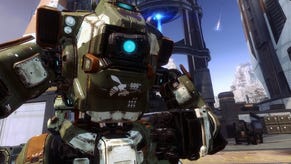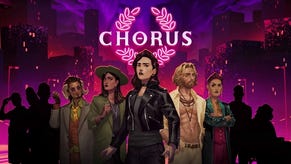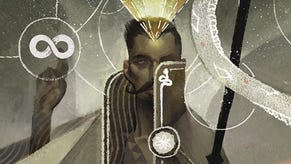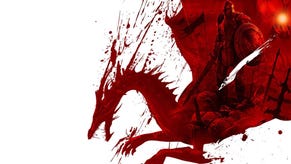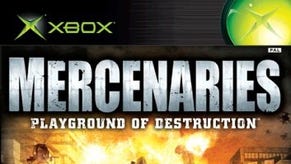BioWare's Mike Laidlaw: A defence of Dragon Age II
"I'm a little surprised by the 6/10s."
No more hype: Dragon Age II has landed and the reviews are in. "An enduring classic?" asked Eurogamer's Dragon Age II reviewer Dan Whitehead. "Not quite." He might as well have said, "An enduring classic like Mass Effect 2?" It's BioWare's own fault; if Mass Effect 2 hadn't been such a thunderous realisation of what Mass Effect started, perhaps we wouldn't have expected the same from Dragon Age II. And then there are the people miffed because they really liked Dragon Age: Origins and why did BioWare have to go and change it? I want Baldur's Gate II, stamp stamp.
A tricky position for Dragon Age II lead designer Mike Laidlaw to be in. So, what does he think? Is the criticism fair? The post-mortem interview is here.
We're just very happy to see it out. What we're seeing is something not really a surprise to us: we're seeing a bit of polarisation. It's not radical, it's not like people are bursting into open warfare about things, thank god. We knew going into Dragon Age II we were making some changes. I wouldn't necessarily say changes to make it more accessible, but to make it present itself in a different way. We knew it carried some elements of risk. Some people are reacting to that, and it's fine - it's actually good. I'd much rather make a game that challenges people and doesn't just rest on its laurels.
I am. What we're seeing is a pretty wide range; I've seen perfects, I've seen less than perfects. There are some things I think that are certainly fair criticisms: the re-use of the levels is something we knew was a bit of a risk, but we wanted to make sure there was more content rather than less, so re-using some of the spaces and coming to them again was certainly one we were careful about and tried to re-use as artfully as we could. When we look at reviews and certain concerns that gives us really good, solid feedback to work from in the future. When I see reviews that comment on the way the story is told or interactions with the followers, those are very, very positive, and I'm extremely gratified.
"... honestly our goal as a studio is to try and aim more for 90 per cent ..."
Well it's hard to know exactly what's going on with scores that are really, really negative. One possible culprit could just be a change backlash, i.e. this isn't Origins and I wanted Origins 2. There may be some degree of what I would honestly say is emotional investment in the Origins story, or in the way Origins was presented which is leading to a stronger than average reaction of disappointment. That's understandable, and if anything that really is a compliment to the work on Origins. I'm not sure it's an entirely fair assessment to say all games must be like the previous game. I think we would have seen just as much negativity if we just, as I used to joke, stapled two Archdemons together and called it a super blight. It boils down to a game that challenges a fair amount of convention: it doesn't tell the usual fantasy story or present the usual fantasy combat, and in doing so it does run the risk of someone going, "Wow, this is just too different and I cannot handle it."
I wouldn't say so. We actually did extensive work to make sure the experiences were much closer aligned. I would say the gulf between the two was quite significant in Origins, simply because the consoles were tackled second as opposed to concurrently with the PC. There's some amazing visual work on PC - a high quality texture pack and DirectX 11 - and one that nicely scales to the PC's stronger hardware. In terms of the way it controls and the way it plays: the game's are quite identical, it's just that the interface is different.
The console experience doesn't fight itself as much as it did in Origins. The targeting is smoother than Origins was by miles. The console versions now have options like being able to pause and say, "Move to Point", so you can position your archers. There's a greater degree of parity between the two. Our goal was that it was always going to be personal preferences; you were going to get a great experience on whichever platform you chose to play.
There's this strange perception that because the combat is faster - characters leaping into place or charging forward - it's an inherently console thing. We designed that because we thought that the ability to whirl around and snap off a fireball at a guy who's charging you, rather than shuffling in and launching it usually a couple of feet behind him, created a much stronger sense of responsiveness. To me that benefits the PC players and the console players.


